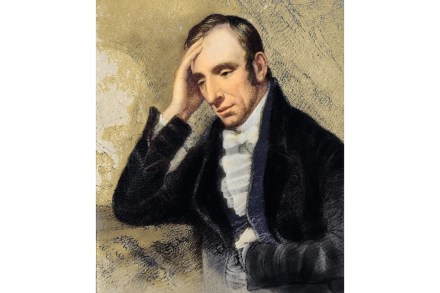How narcos transformed Colombia
41 min listen
In this week’s Book Club podcast, I talk to the reporter Toby Muse about the vast, blood-soaked and nihilistic shadow economy that links a banker’s ‘cheeky little line of coke’ to the poorest peasants in Colombia. Toby’s new book Kilo: Life and Death inside the Cocaine Cartels traces cocaine’s journey from that unremarkable-looking shrub to its entry into a multi-billion-dollar criminal enterprise, interviews farmers, prostitutes, pious assassins and cartel capos – and along the way describes how it has transformed Colombia’s whole politics and way of life.




















